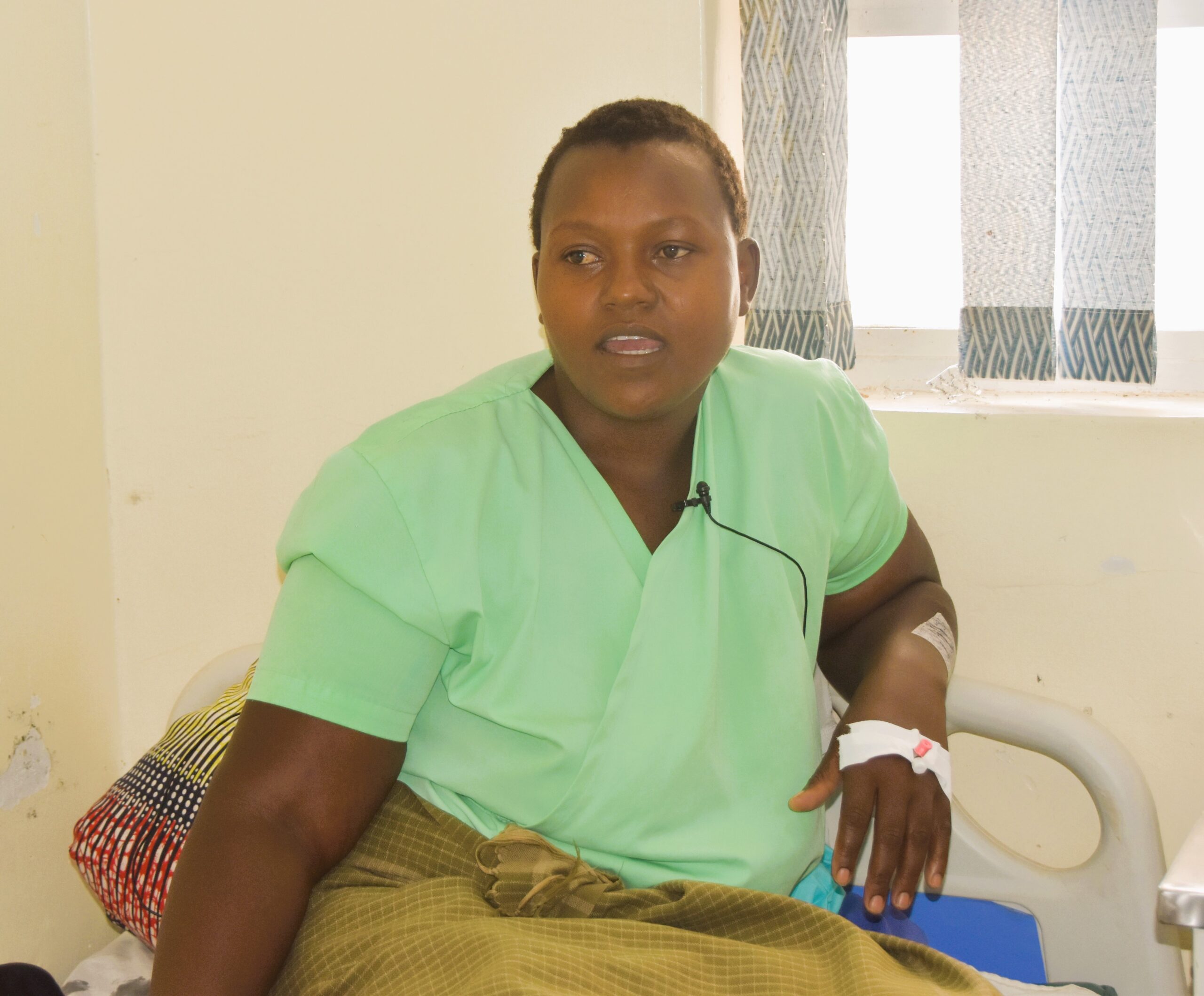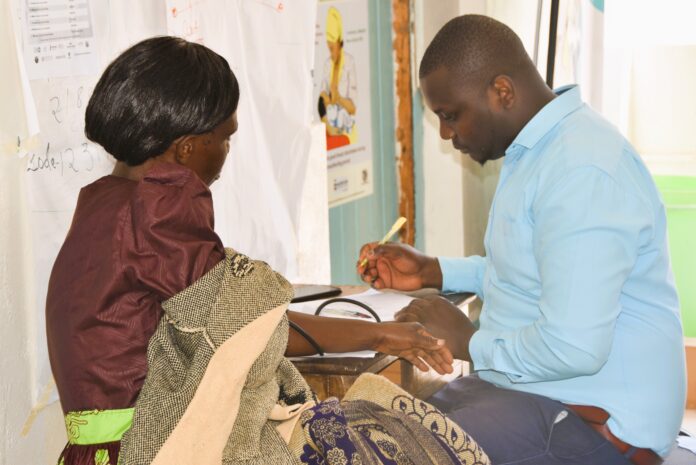By Scovian Lillian
Nairobi, Kenya: There is a backlog of women in need of fistula operations in Kenya. With only ten trained surgeons with specialized skills for fistula repair, a thousand more are left unattended.
According to the Ministry of Health, about 3,000 women develop obstetric fistula in Kenya every year and children die in 90% of pregnancies in which women develop a fistula according to a 2016 study published in the journal Lancet. Approximately 24,000 women in Kenya need these surgeries but only 2,000 received treatment in 2021 as per data from the Global Fistula Map. Corrective surgeries are the only treatment to cure the incontinence that Fistula causes.
Kenya joins the globe to cut down the numbers on this year’s International Day to end obstetric fistula as the Ministry of Health intends to open an additional five Fistula repair centers by next year and train more surgeons, an investment to move away from operating on women with the condition in medical camps. The five centers will move the number up to 15 in the country, while the surgeons who can operate on women with the condition will move from 10.
While medical camps have helped support surgery for fistula patients in the Country, Edward Serem, Head of the Division of Reproductive and Maternal Health at the Ministry of Health said that they are ineffective because women return home without a specific health facility for follow-up.

“Some of the women later experience post-operation infections, which can result in death or prolonged stay in the hospital; if any operations are done in medical camps, we will ensure that the women are attached to a facility for a regular check-up, but the ultimate goal is to facilitate fistula repairs continuously and avoid waiting for fistula camps,” he said at a Makueni hospital while attending to patients.
Serem said that although Africa has made some strides in treating fistula, so much still needs to be done as a fraction can get corrective surgery. “Africa needs more well-equipped hospitals and more trained surgeons to offer this specialized medical care.
Kenya’s new neonatal and perinatal maternal healthcare guidelines aligned with WHO maternal healthcare recommendations are keen on making sure women deliver from the hospital under the care of healthcare providers to avoid women developing fistula. A fistula is an injury caused during childbirth and leads to leakage of urine and sometimes stool.
In March last year, the John Hopkins Affiliate, Jhpiego, responded to the government’s call through the Obstetric Fistula Kenya project and supported the county to establish the Fistula Centre at the Makueni County Referral Hospital in the South-Eastern region. The center currently offers fistula surgery services to many women, some of whom travel from different regions across Kenya to access the services.
Dr. Daisy Ruto, a gynecologist and the Director of the Obstetric Fistula Kenya, said the project will not only support the training of surgeons, but a whole surgical team of anesthetists, physiotherapists, nutritionists, counselors, and four nurses to ensure the patient gets holistic and rehabilitative care.
While the International Day to End Obstetric Fistula is marked every 23rd of May, this year’s theme, “Breaking the Cycle: Preventing Fistula Worldwide”, underscores the urgent need to address obstetric fistula comprehensively, emphasizing equitable access to quality maternal health services, social reintegration, and sustained investment in healthcare systems.














